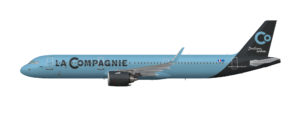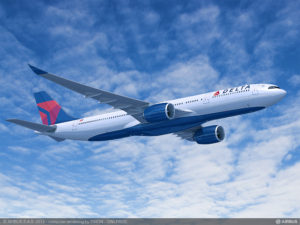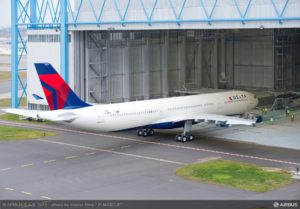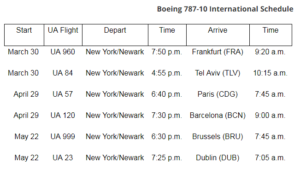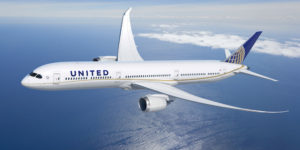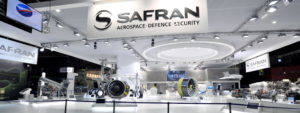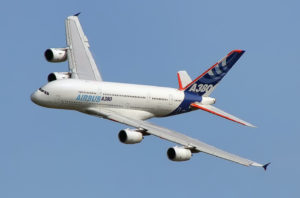PARIS (Reuters) – Europe’s Airbus (AIR.PA) is ready to pay a special bonus to its lowest-paid workers after French President Emmanuel Macron called on French companies to help tackle weeks of protests about the cost of living, according to a staff memo.
The intervention by Europe’s largest aerospace firm – part-owned by French, German and Spanish states – comes after Macron last week urged company leaders including planemaking chief and designated CEO Guillaume Faury to do more to ease the crisis.
However, Airbus – which depends primarily on exports of jetliners in competition with U.S rival Boeing (BA.N) – has also stressed the importance of remaining competitive and warned against focussing solely on “cyclical and pecuniary measures”.
“Airbus is ready to contribute and support the government’s action in response to this emergency, while recalling the absolute necessity to maintain the competitiveness of French companies that are exposed, like Airbus, to strong international competition,” said the memo to French staff seen by Reuters.
A spokeswoman said the size and scope of any bonus payment had yet to be defined and would be discussed in the regular course of dialogue with the company’s unions.
Airbus employs 48,000 people in France where aerospace workers are comparatively well paid, with average industry salaries of 4,250 euros (3,821 pounds) a month compared with the national average of 2,250, according to aerospace lobby GIFAS.
Airbus does however have an unspecified number of lower-paid workers in France, where its lowest wage stands at 1,700 euros a month, compared with the national minimum wage of 1,500.
Macron met bankers and company bosses including Faury last week after weeks of demonstrations against his government. Thousands took part in a fifth weekend of protests on Saturday.
The ‘yellow vest’ movement started in mid-November with protests at junctions against fuel tax increases, but quickly became a wider mobilisation against Macron’s economic policies.
During the protests, a convoy of parts for the world’s largest airliner, the A380, was briefly halted by protesters.
Last week reports said protesters blocked access to Airbus and Amazon sites in Toulouse, where the planemaker is based.
(Reporting by Tim Hepher; Editing by Mark Potter)
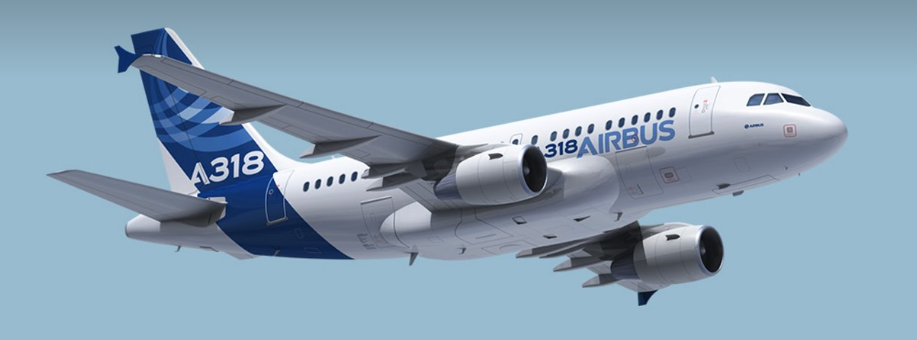
Image from http://www.airbus.com

